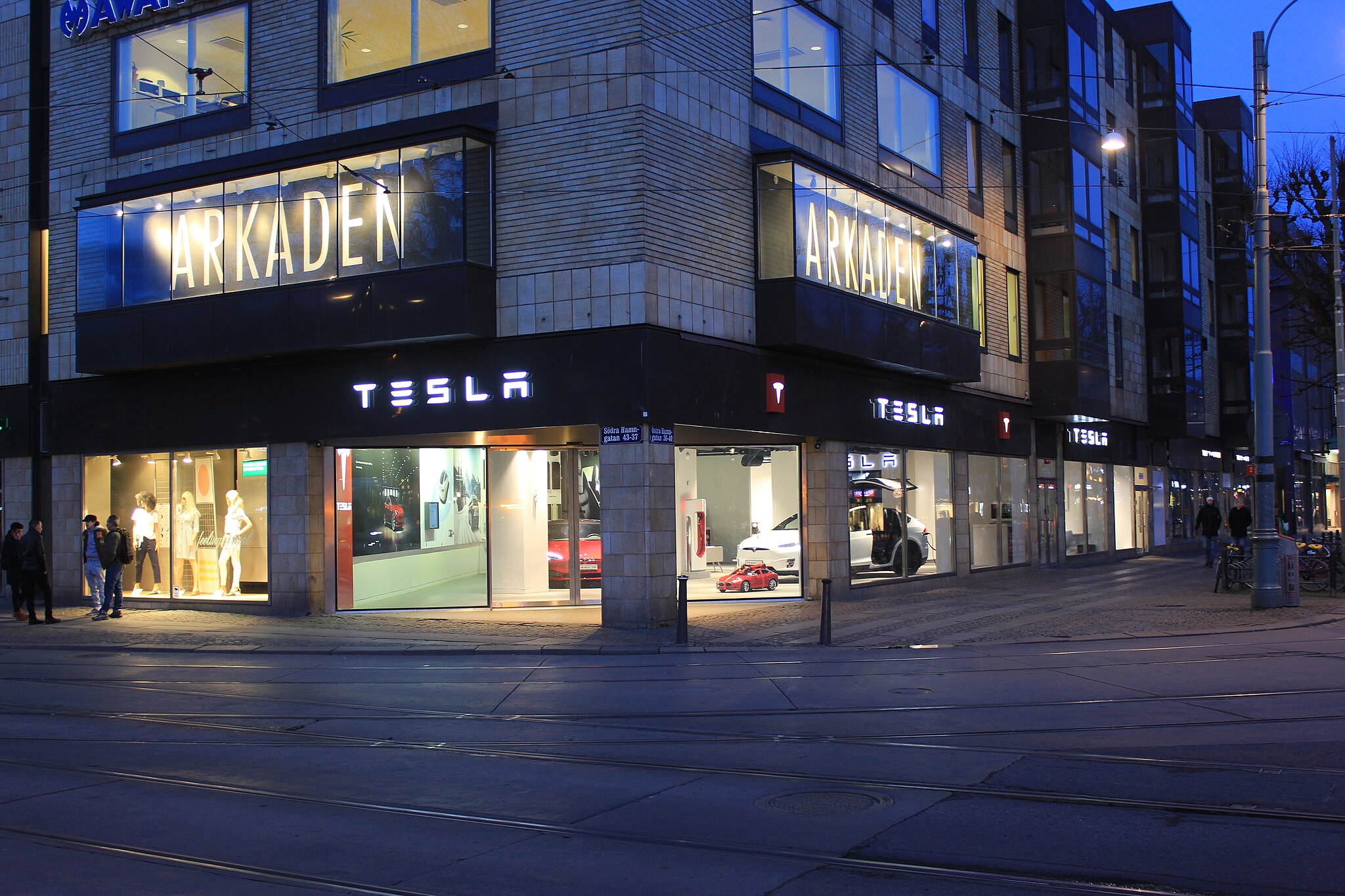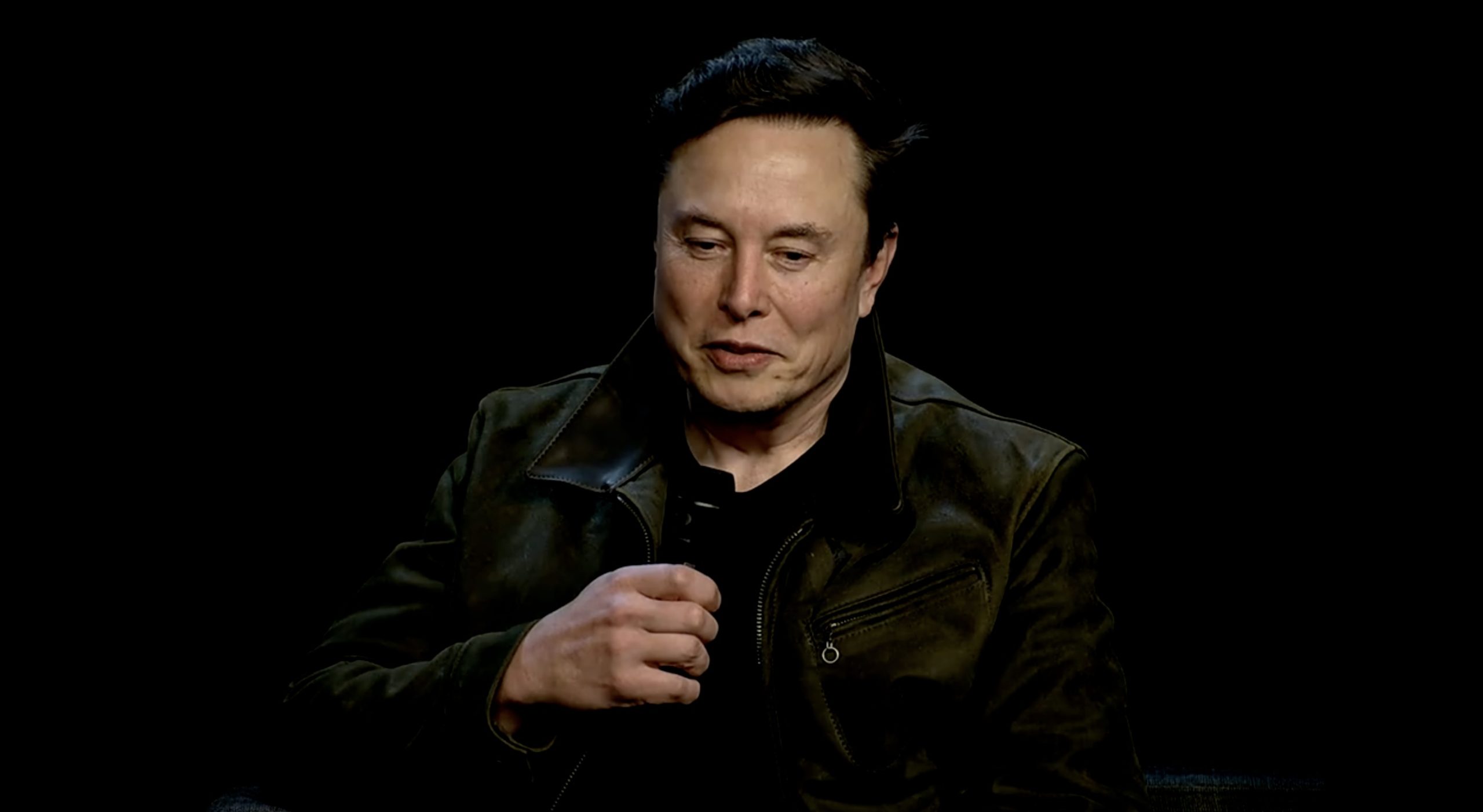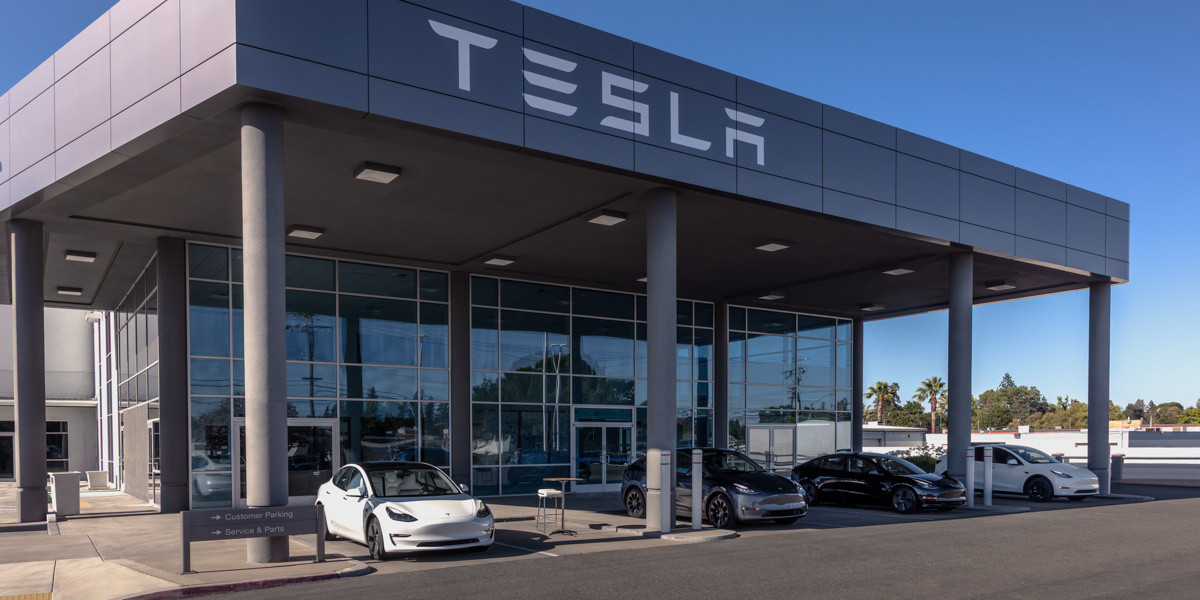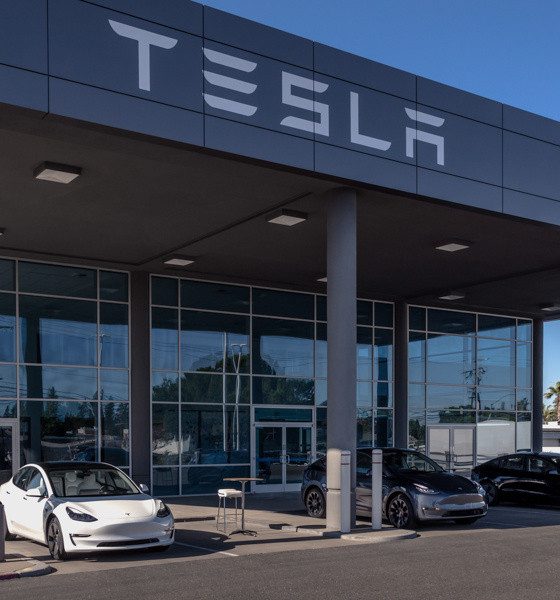Tesla and other companies selling vehicles directly to consumers are under threat in Florida, where two bills may disrupt how the automakers sell their vehicles.
Tesla has become intimately familiar with the laws surrounding dealerships and auto sales throughout the United States, often putting the American upstart at odds with local government and dealerships alike. Now, Tesla is again facing threats from legislatures as two new bills could derail the company’s sales system in Florida.
Currently, there are no restrictions on direct-to-consumer sales in Florida. According to the National Conference of State Legislatures, Florida Statute 320.645, “manufacturers may engage in direct-sales of motor vehicles provided there are no franchised dealerships selling such vehicles within the state.”
However, this could change.
As initially reported by Seeking Rents, Florida House Bill 637, sponsored by Rep. Jason Shoaf, and Florida Senate Bill 712, sponsored by Sen. Bryan Avila, are set to prohibit automakers from selling vehicles direct to consumer, preventing automakers from reserving vehicles for customers, and restricting automakers from incentivizing or forcing dealers to sell certain types of vehicles, including EVs.
Neither Bill has made its way to voting, and both have received substantial amounts of editing thus far, but as it stands, the current abstracts for the bills are listed below:
HB637: “Prohibits manufacturer, distributor, or importer from certain actions in allocation or distribution to franchised motor vehicle dealers; authorizes sale or activation of accessories or features through remote electronic transmission; revises provisions prohibiting manufacturer, distributor, or importer from owning, operating, or controlling motor vehicle dealership; authorizes application for injunction; authorizes motor vehicle dealer association to seek declaration & adjudication of rights with respect to certain violations.”
SB712: “Motor Vehicle Sales; Prohibiting applicants and licensees from reserving a certain motor vehicle for a specifically named person; prohibiting applicants and licensees from requiring or incentivizing motor vehicle dealers to sell or lease particular motor vehicles to specifically named persons or at specific prices or profit margins; prohibiting applicants and licensees from engaging in certain activities of motor vehicle dealers; authorizing specified entities without independent franchised dealers in this state to own, operate, or control a motor vehicle dealership in this state, etc.”
According to the lobbyists listed in association with the Bill on the Florida State Legislature website, both bills have received sizable backing from dealers and dealership groups, including the AutoNation dealership chain, the Florida Association of Automotive Dealers, and the South Florida Association of Automotive Dealers.
Neither state representative was immediately available for comment to Teslarati on the upcoming bills.
It is essential to recognize that Tesla would not be the only automaker affected by these bills. As seen in the second section of SB712, the Bill would prohibit “applicants and licensees” from requiring or incentivizing the sales of electric vehicles, which is precisely what brands like Ford, Hyundai, and General Motors have been doing nationally.
Furthermore, the Bill would prohibit automakers from intervening in the pricing of their vehicles, allowing dealers to dramatically mark up vehicles, a problem that has plagued numerous legacy automakers.
Considering how early in the lifecycle of both these bills are, there is a good chance they look very different by the time they reach the voting stage. However, with both of these bills up for voting in the coming weeks or months, there is no doubt that Tesla may face new legal pressure in the State of Florida if it hopes to continue to sell directly to customers.
What do you think of the article? Do you have any comments, questions, or concerns? Shoot me an email at william@teslarati.com. You can also reach me on Twitter @WilliamWritin. If you have news tips, email us at tips@teslarati.com!

News
Tesla Europe builds momentum with expanding FSD demos and regional launches
Needless to say, it appears that Tesla is putting in some serious effort into boosting sales in Europe this year.

Tesla has been notably active across Europe in recent weeks, expanding its Full Self-Driving (Supervised) ride-along program, entering a new market, and showcasing its newest vehicles across multiple regions.
Needless to say, it appears that Tesla is putting in some serious effort into boosting sales in Europe this year.
Tesla Europe recently announced the expansion of its FSD (Supervised) ride-along experiences, inviting the public to experience the system on local roads. Initially available in Italy, France, and Germany when it launched, the program has now expanded to Hungary, Finland, and Spain.
The ride-along program allows participants to ride in the passenger seat and observe how FSD Supervised handles real-world traffic scenarios, including dense urban driving and other challenging conditions. Tesla has positioned the initiative as a way to familiarize European drivers and regulators with the system’s capabilities in everyday use. The program has received positive reviews so far, with many being impressed by FSD’s real-world capabilities.
Tesla also recently launched operations in Slovakia with a pop-up store and multi-day public event in Bratislava, as noted in an EV Wire report. The launch, held from January 16 to 18 at the Eurovea Mall Promenade, featured test drives, vehicle displays, including the Cybertruck, as well as family-focused attractions such as a mini-Tesla racetrack.
Local observers noted that Tesla Optimus was also shown at the event, while the Tesla Owners Slovakia club welcomed the brand with a coordinated light show near the Slovak National Theater. Tesla Europe later shared its appreciation for Slovakia in a post on its official social media account on X, stating, “Thanks, Slovakia, for the amazing last 3 days & for giving us such a warm welcome!”
Tesla’s Slovakia entry follows a familiar pattern used by the company in other European markets. Tesla opened a pop-up store in Bratislava as an initial step, with plans for a permanent showroom and a potential service center at a renovated site previously occupied by a Jeep and Dodge dealership. Tesla has used a similar approach in markets such as Czechia and Lithuania, where permanent facilities followed within a few months of pop-up launches.
Slovakia already has six Supercharging sites totaling 46 Superchargers, including two locations in Bratislava, providing early infrastructure support for Tesla owners. Tesla staff program manager Supratik Saha described the Slovakia launch as a strategic expansion in the heart of the EU, citing the country’s strong automotive manufacturing base and appetite for advanced technology.
Beyond the EU, the company also marked another milestone with the first Cybertruck deliveries in the United Arab Emirates, signaling continued geographic expansion for Tesla’s newest vehicle. Just like Tesla Slovakia, the Cybertruck also received a warm welcome from the UAE’s EV community.
News
Tesla Sweden maintains Trelleborg port deal despite union blockade
As noted in a report from Dagens Arbete (DA), Tesla was able to maintain its storage agreement with the Port of Trelleborg.

Tesla Sweden is still storing vehicles at the Port of Trelleborg despite the ongoing blockades against the company from the country’s labor unions.
Tesla still at Port of Trelleborg
As noted in a report from Dagens Arbete (DA), Tesla was able to maintain its storage agreement with the Port of Trelleborg. This allows the company to keep vehicles at the port while imports into Sweden continue. This was despite the Transport Workers’ Union’s blockade, which was aimed at halting the loading and unloading of Tesla vehicles in the area.
Local union leader Jörgen Wärja, chairman of Transport and an employee representative on the port company’s board, confirmed that the agreement was still active. “The agreement has not been terminated. You want to have the money instead of having empty warehouses. I understand the reason, but I do not support it,” Wärja said
The local union leader also noted that he visited Tesla’s storage area earlier this week. “There were a lot of cars. I was surprised that there were so many, actually,” he said.
Tesla had been able to bring vehicles into Sweden via passenger ferries at Trelleborg, a method that unions said allowed the company to bypass the blockade, DA noted. According to estimates from IF Metall, the workaround enabled Tesla to deliver thousands of cars to Sweden each year.
Port defends decision
The Port of Trelleborg did not issue a comment on its current agreement with Tesla, but said it had complied with union sympathy measures. Documents reviewed by Swedish media showed that the contract with Tesla was being extended in six-month intervals.
Port CEO Malin Collin noted that the port would not discuss individual customer arrangements. “We do not go into details regarding any customer agreements. We have continuous dialogue with potential tenants, and this is not unique to any location,” Collin wrote in an email.
The CEO added that the port was following legal requirements related to the labor dispute. “We have taken note of the Transport Workers’ Union’s decision on sympathy measures and are of course following applicable legislation and the requirements placed on us as employers,” Collin said.
Jörgen Wärja, for his part, stated that the issue was not whether Tesla’s imports into Sweden could be fully stopped, but whether the port should provide logistical support to the electric vehicle maker during an active conflict. “The port shouldn’t have anything to do with Tesla at all, we believe,” he said. “It’s purely moral. Whether you honor a conflict or not. If you say you support Transport’s sympathetic actions against Tesla, it becomes a double standard.”
Elon Musk
Elon Musk shares insights on SpaceX and Tesla’s potential scale
In a pair of recent posts on X, Musk argued that both companies operate in domains where growth is not linear, but exponential.

Elon Musk outlined why he believes Tesla and SpaceX ultimately dwarf their competitors, pointing to autonomy, robotics, and space-based energy as forces that fundamentally reshape economic scale.
In a pair of recent posts on X, Musk argued that both companies operate in domains where growth is not linear, but exponential.
Space-based energy
In a response to a user on X who observed that SpaceX has a larger valuation than all six US defense companies combined, Musk explained that space-based industries will eventually surpass the total economic value of Earth. He noted that space allows humanity to harness roughly 100,000 times more energy than Earth currently uses, while still consuming less than a millionth of the Sun’s total energy output.
That level of available energy should enable the emergence and development of industries that are simply not possible within Earth’s physical and environmental constraints. Continuous solar exposure in space, as per Musk’s comment, removes limitations imposed by atmosphere, weather, and land availability.
Autonomy and robots
In a follow-up post, Elon Musk explaned that “due to autonomy, Tesla is worth more than the rest of the auto industry.” Musk added that this assessment does not yet account for Optimus, Tesla’s humanoid robot. As per the CEO, once Optimus reaches scaled production, it could increase Earth’s gross domestic product by an order of magnitude, ultimately paving the way for sustainable abundance.
Even before the advent of Optimus, however, Tesla’s autonomous driving system already gives vehicles the option to become revenue-generating assets through services like the Tesla Robotaxi network. Tesla’s autonomous efforts seem to be on the verge of paying off, as services like the Robotaxi network have already been launched in its initial stages in Austin and the Bay Area.











